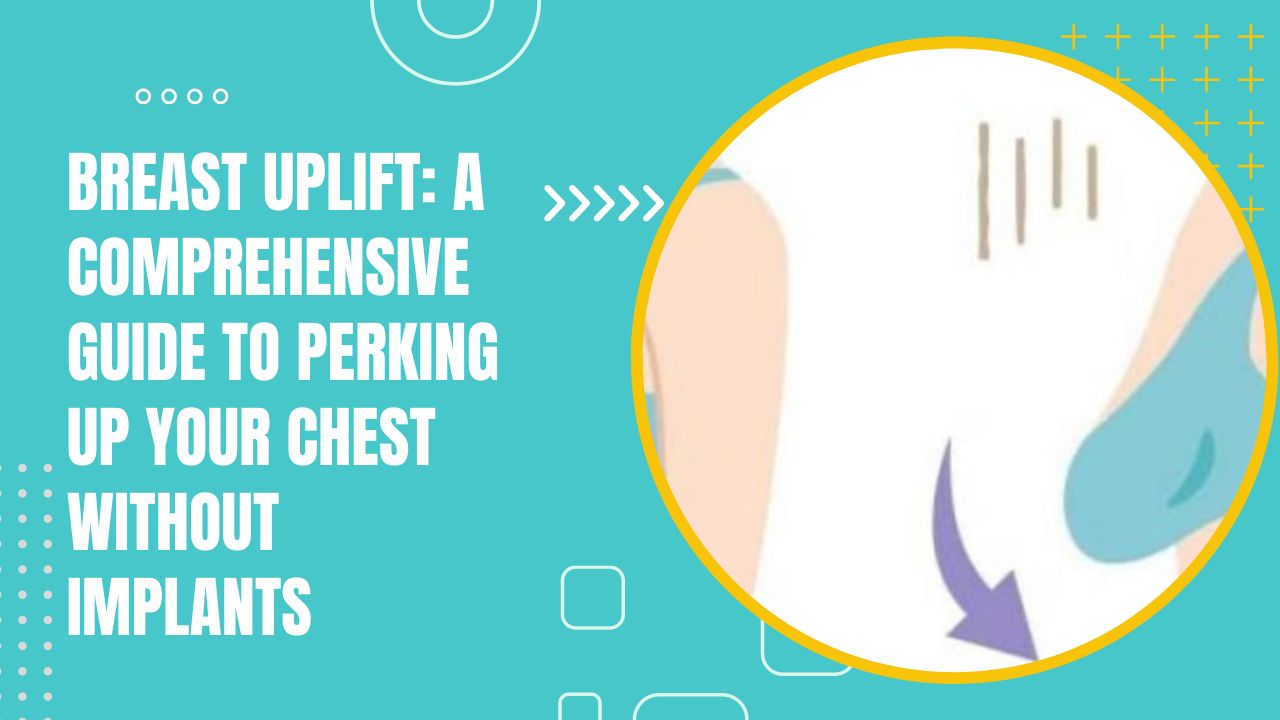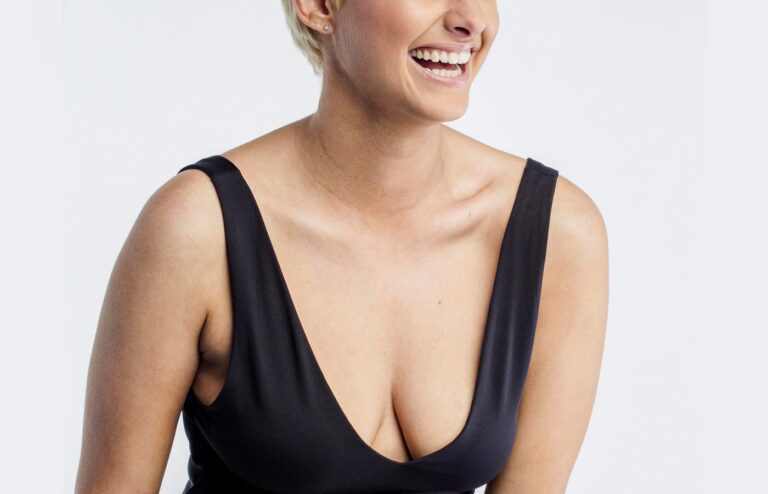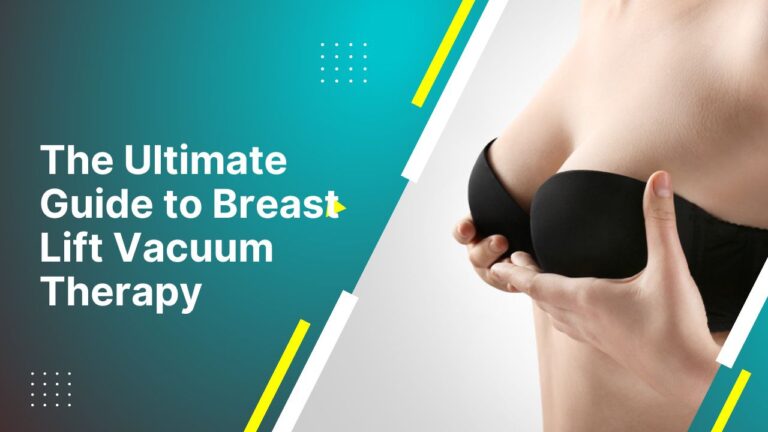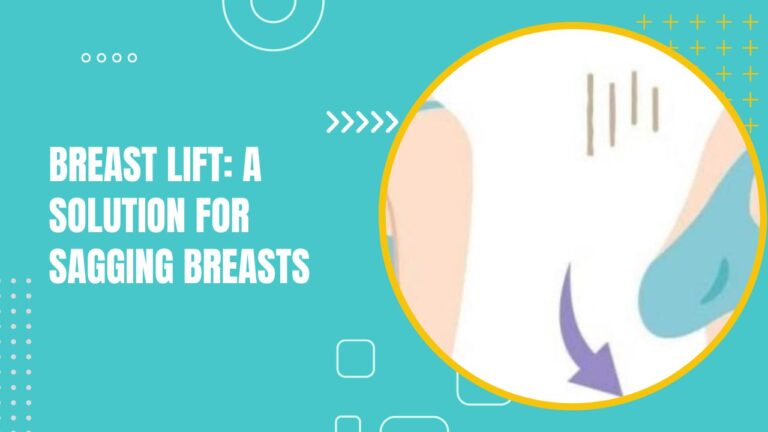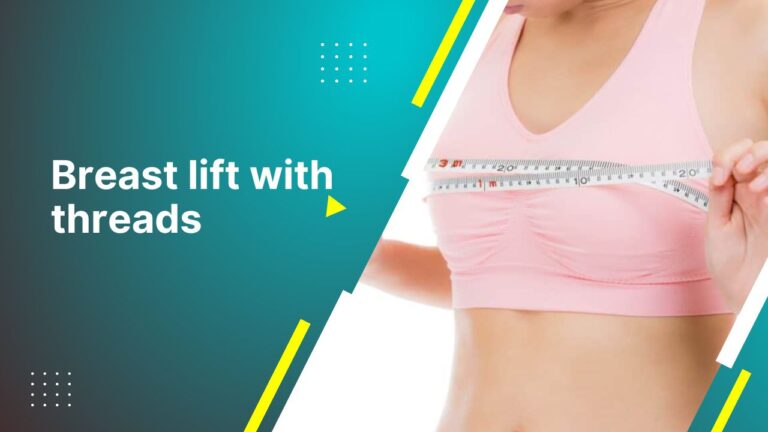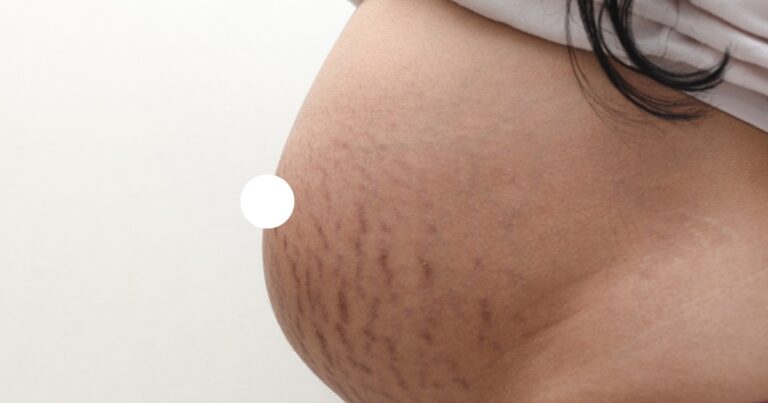Introduction
As time passes, a woman’s breasts can undergo numerous changes due to ageing, pregnancy, and weight fluctuations. These transformations may result in sagging or drooping breasts, impacting self-confidence.
Fortunately, breast uplift surgery, also known as mastopexy, provides an effective solution for women seeking to restore the youthful appearance of their bust without resorting to implants.
This comprehensive guide delves into the various aspects of breast lift surgery, from the procedure itself to determining candidacy and what to expect during recovery.
Breast Lift Procedure: What It Entails
A breast lift procedure aims to elevate and reshape sagging breasts by removing excess skin and tightening the remaining tissue. The process involves making incisions on the breast, repositioning the nipple and areola, and reshaping the breast tissue.
Book A Consultation With Dr Tarek Bayazid
Top-rated Plastic Surgeon For Breast Lift in Dubai
Installment Plan Available
Surgeons often use various techniques depending on the degree of sagging and the patient’s desired outcome.
Breast Uplift Techniques
There are several breast lift techniques that a surgeon may employ depending on the patient’s specific needs. These include:
Crescent Lift
Ideal for patients with minimal sagging, the crescent lift involves a small incision along the upper half of the areola. This technique offers minimal scarring and is often combined with breast augmentation.
Periareolar or “Donut” Lift
The periareolar lift is suitable for patients with mild to moderate sagging. An incision is made around the areola’s entire circumference, allowing for excess skin removal and breast tissue reshaping.
Vertical or “Lollipop” Lift
The vertical lift addresses moderate sagging by making two incisions around the areola and vertically from the areola to the breast crease. This technique provides more significant reshaping capabilities than the periareolar lift.
Inverted-T or “Anchor” Lift
The inverted T lift is designed for patients with severe sagging. It involves three incisions: around the areola, vertically from the areola to the breast crease, and horizontally along the breast crease. This technique allows for extensive reshaping and skin removal.
Determining Candidacy for a Breast Lift
Ideal candidates for breast uplift surgery are women who:
- Have sagging breasts due to ageing, pregnancy, or weight loss
- Maintain a stable weight
- Are in good overall health
- Do not smoke or are willing to quit before surgery
- Have realistic expectations of the surgery’s outcome
It is essential to consult with a qualified plastic surgeon to determine whether a breast lift is the most suitable option for your specific needs and desired outcome. Your surgeon will assess your medical history, examine your breasts, and discuss your goals during a consultation.
Recovery and Aftercare
Post-surgery, patients can expect some swelling, bruising, and discomfort, which can be managed with prescribed pain relief medication. Your surgeon will also provide a surgical bra to support the breasts during healing. Following your surgeon’s aftercare instructions is crucial to ensure optimal results and minimise the risk of complications.
The First Week
In the first week following surgery, patients should focus on rest and avoid strenuous activities. It is advisable to sleep on your back or slightly elevate to reduce swelling. You may also be instructed to apply cold compresses to alleviate discomfort.
Two to Six Weeks
Most patients can return to work and resume daily activities within two weeks. However, avoiding heavy lifting and vigorous exercise for at least four to six weeks is essential to ensure proper healing. Your surgeon will advise you on when it is safe to resume these activities.
Long-term Care
To maintain the results of your breast lift surgery, it is crucial to maintain a stable weight and adopt a healthy lifestyle. Significant weight fluctuations and pregnancy can affect the longevity of your breast lift results.
Conclusion
A breast lift offers an effective solution for women looking to rejuvenate their busts without using implants. By understanding the various techniques, determining candidacy, and being aware of the recovery process, you can decide whether a breast uplift is a right choice for you.
Always consult with a qualified and experienced plastic surgeon to ensure the best possible outcome for your breast lift surgery.
Ready to rejuvenate your bust and boost your confidence with a breast lift? Dr. Tarek Aesthetics is here to help. As a leading expert in the field, our team provides personalised care and exceptional results to ensure you achieve your desired outcome.
Don’t wait any longer to embrace the figure you’ve always wanted. Visit Dr. Tarek Aesthetics and request a quote today. Let us guide you to a more youthful and revitalised appearance.
Frequently Asked Questions
How long do breast lift results last?
Breast lift results can last for many years; however, they are not permanent. Factors such as ageing, weight changes, and hormonal fluctuations can affect the appearance of your breasts over time. Maintaining a stable weight and leading a healthy lifestyle can help prolong your results.
Will a breast lift leave scars?
Scarring is an inevitable outcome of breast lift surgery, but the extent and location of the scars depend on the technique employed. A skilled surgeon will try to minimise scarring and place incisions in discreet locations. Scars typically fade over time and can be further reduced with proper post-operative care and scar management techniques.
Can I breastfeed after a breast lift?
Breastfeeding after a breast lift is possible for most women; however, it depends on the surgical technique and individual factors. Discuss your plans to breastfeed with your surgeon during the consultation to ensure the chosen technique aligns with your goals.
